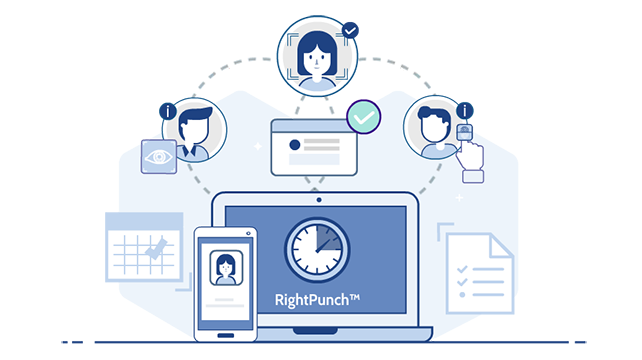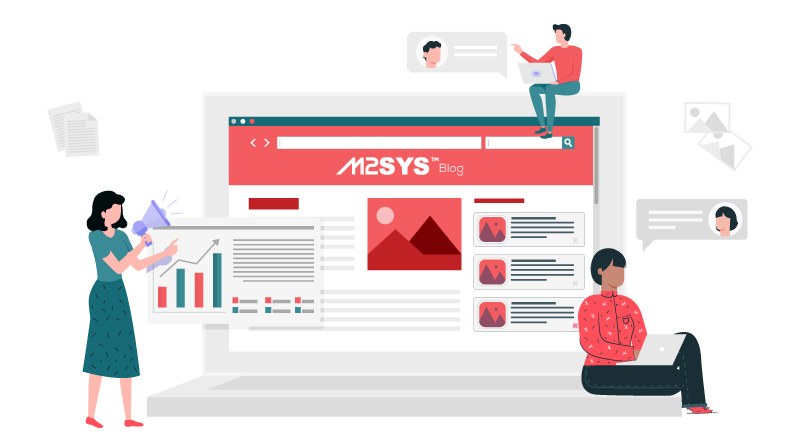8 Expected Changes for Millennial Workforce in 2020

In the last decade, cutting-edge technologies revolutionized the workforce and placed an emphasis on HR functions, business process automation, and employee wellness. In 2019, the industry got a buzz in the workplace environment where experts have created a few dimensions like the behavior of different generations and employee motivation through their well-being. But in today’s article, we are going to focus on the Millennial Workforce in 2020, as around 50% of the total U.S. workforce is made up of them.
Millennial Workforce in 2020
The age range of generations depends on different factors. According to the Pew Research Center, people born between 1981 and 1996 are considered as Millennials. The U.S. Bureau of Labor Statistics assumes that by 2030 Millennials will be 75% of the total workforce. As a consequence, industry experts are sharing their opinions for this digital native generation. Among all of the criticisms, a lot of positive changes are expected for the Millennial Workforce in 2020 as mentioned below:
1. Optimum Use of Technology
This generation experienced the evolution of technology. They have been brought up during the explosion of the internet, and use gadgets almost all of the time. Although there are a lot of criticisms surrounding their digital nativeness, they also prefer the use of technology in the workplace. For example, they do not prefer to work in such an environment where a manual work process is followed, but the workplace where cutting-edge technology is being used.
2. Mobility of Workforce
As technology evolves the business industries and Millennials are digital natives, the combination will definitely increase the capability of working from off-site or home. The flexibility of remote work—at least for part-time— also helps employers to stay competitive in recruitment. Working remotely or from home is a lucrative employee package, yet on the other hand, the use of technology raises the accountability of remote workers. For example, Kronos users integrate the RightPunch biometric time clock that allows remote employees to clock their time using their mobile phones by taking a selfie.
3. Business Process Automation
Business Process Automation (BPA) is also known as digital transformation. Millennials prefer the technology-enabled automation of complex business processes rather than manual working processes. In 2020, it is expected that industries will adopt business automation apps that will streamline the business process, digital transformation, quality service delivery, and improved bottom line.
4. Four-Day Workweeks
Eventually, Millennials will be the most efficient segment of the workforce. Unlike Generation X, they are comfortable to work using technology. They are capable of working faster and harder, and as a consequence, Microsoft successfully implemented a four-day workweek in its Japan office this summer. They observed the impressive productivity increases and it has been assumed that more companies will adopt the same structure.
5. Work with Fun
Millennials are considered as being lazy, narcissistic, and spoiled. Time Magazine labeled them as the “me-me-me” generation in 2014. But several studies show that they are likely to have fun in their workplace. The fun factors keep them cheerful and they are also able to give their best effort to the organization. According to experts, workplace fun enhances motivation for Millennials, which increases productivity.
6. Employee Wellness
The wellbeing of employees should be the most important factor since the maximum number of employees in an organization are Millennials. According to the American Institute of Stress, job stress costs US businesses more than $300 billion annually. That’s why corporate America is moving towards wellness programs. Besides, initiating an employee wellness program motivates employees to establish and maintain healthy lifestyle choices which result in less absenteeism and higher productivity.
7. Efficient Work Hours
The average worker is only productive for 2 hours and 53 minutes, according to research. The Bureau of Labor Statistics declares that the average American works 8.8 hours every day, but the productive hours are no more than 3 hours. Unlike Generation X, Millennials do not bother about the longest work hours. They prefer to use technology at their optimum level in the workplace and have a social life after the completion of their works.
8. Use of Artificial Intelligence
The use of Artificial Intelligence in business operations is going to create a buzz soon. Although there are some controversies regarding replacing the manpower from an organization there are so many positive sides. This is going to continue to expand into other jobs while robots become more proficient. AI technology is going to step up as a key technology in the workforce industry.
In 2020, businesses are introducing employee-focused benefits to increase job satisfaction for Millennials following Gen Z. The flexible workplace will become the most in-demand, and the dynamic communication helps to mainstream as the businesses are engaging the ever-evolving generation.













